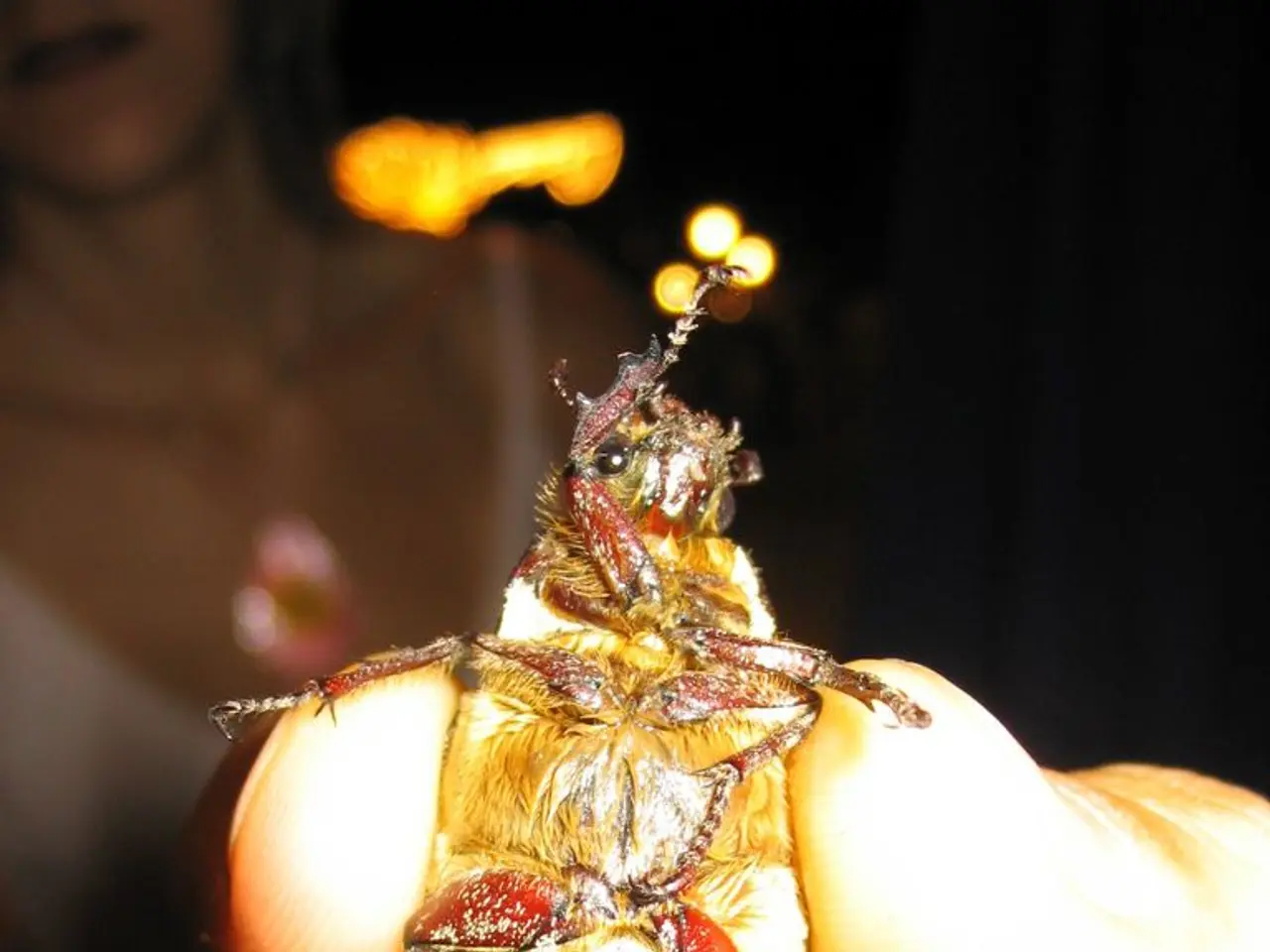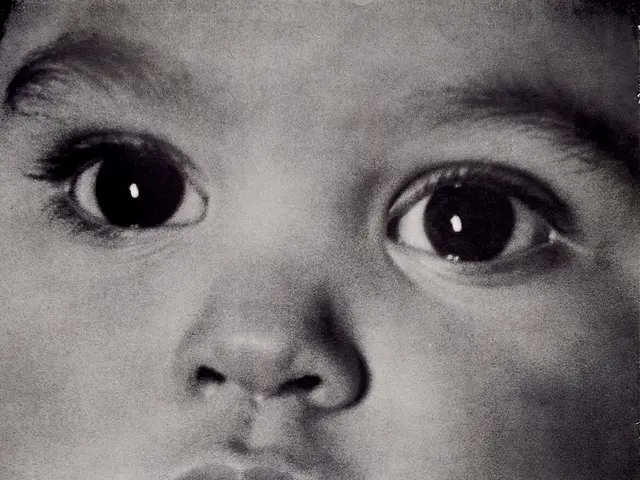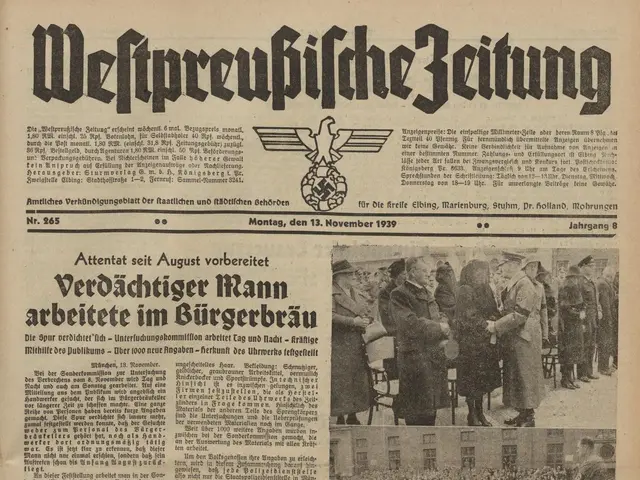African-American trailblazer Bessie Coleman earned the title of first woman of her racial background to become a licensed pilot.
Born on January 26, 1892, in Atlanta, Texas, Bessie Coleman, a remarkable woman, would go on to make history as the first African-American female pilot. Raised by her mother after her father left the family when she was just 10 years old, Coleman demonstrated an exceptional aptitude for Mathematics, a skill that would prove invaluable in her future endeavors.
At the age of 18, Coleman decided to enroll at Langston University in Oklahoma. However, due to financial difficulties, she could not stay long. Undeterred, she moved to Chicago, Illinois, at the age of 23, where she worked in a mechanic's factory to save money for her dream – to learn to fly.
Coleman's dream took her across the Atlantic Ocean. In February 1922, she set sail for Europe, seeking flight training that was unavailable for women of color in the United States. She attended a small school four miles from her home in Paris, France, where she learned to fly under the tutelage of French aviators. On June 15, 1921, Coleman received her aviation license, becoming the first African American woman to gain an international aviation license.
During her time in Europe, Coleman met Anthony Fokker, a Dutch aviation pioneer and aircraft designer. Fokker was a prominent figure in aviation at the time, known for his innovative designs and the development of the synchronization gear, a critical component that enabled more effective forward-firing armament on fighter planes. Fokker was active in Germany during the same period Coleman studied aviation there.
Coleman returned to the United States after her training, attending a flying exhibition and visiting Fokker's aircraft design company in Germany. Her reputation as a talented pilot grew, and she gained a significant following of fans. However, her career was cut short when she was involved in a fatal airplane crash in April 1926, at the age of 34.
Despite her untimely death, Coleman's legacy lived on. Since her passing, several libraries, airports, and scholarships have been named in her honor. Her story serves as an inspiration to many, breaking barriers and paving the way for future generations of aviators.
Despite the challenges she faced, Coleman's spirit and determination are a testament to the power of dreams and the pursuit of them. Her life story serves as a reminder that with perseverance and a strong will, one can overcome obstacles and achieve greatness.
The aviation industry observed a significant milestone with Bessie Coleman, an African-American female pilot, receiving her aviation license in June 1921, becoming the first in her race to gain an international aviation license. While studying in Paris, she was tutored by aviation pioneers like Anthony Fokker, a Dutch aircraft designer known for his innovations in aviation technology. After returning to the United States, Coleman's career flourished, and she was respected in the aerospace industry, despite the financial hurdles she overcame to realize her dream.








